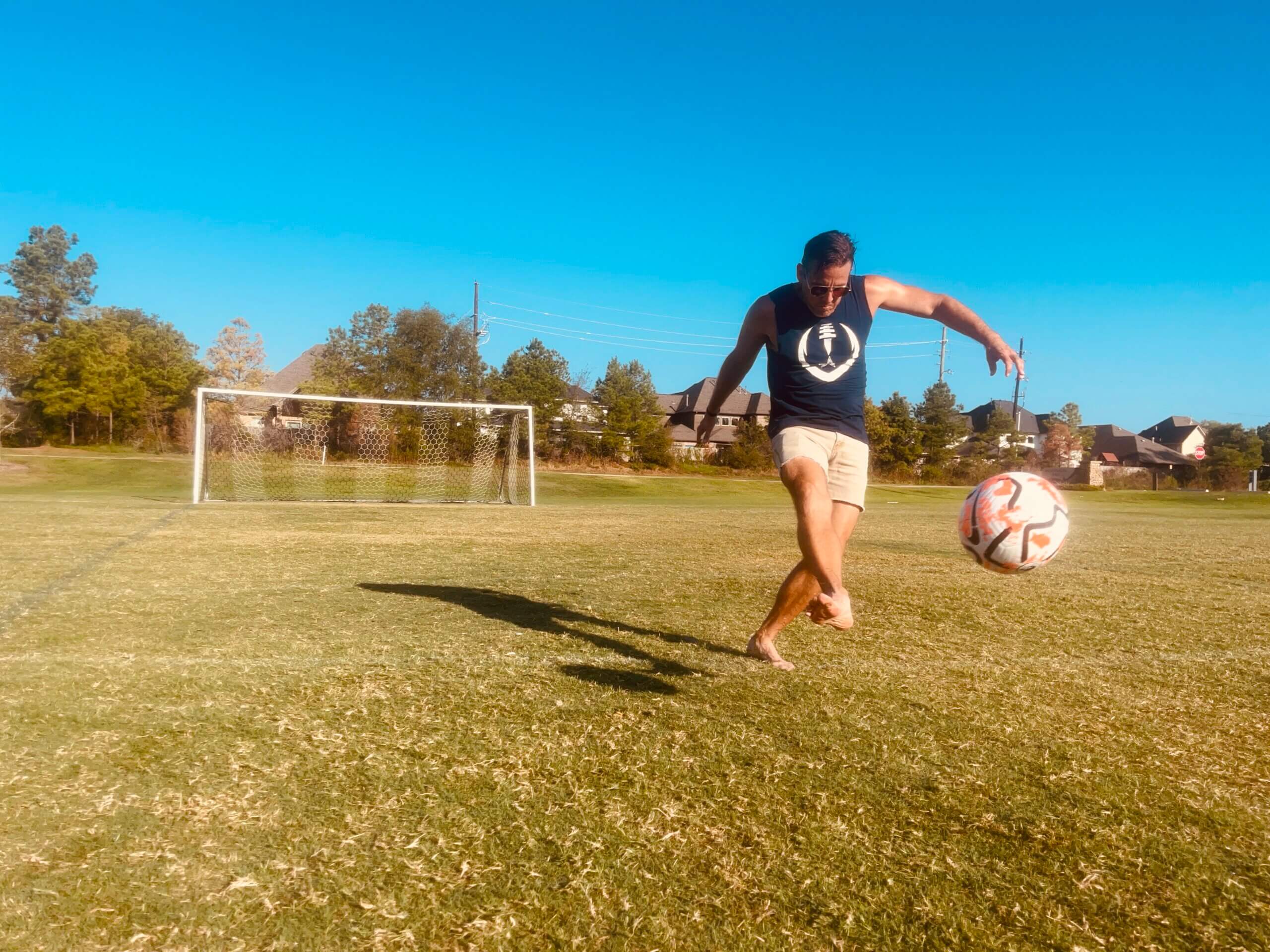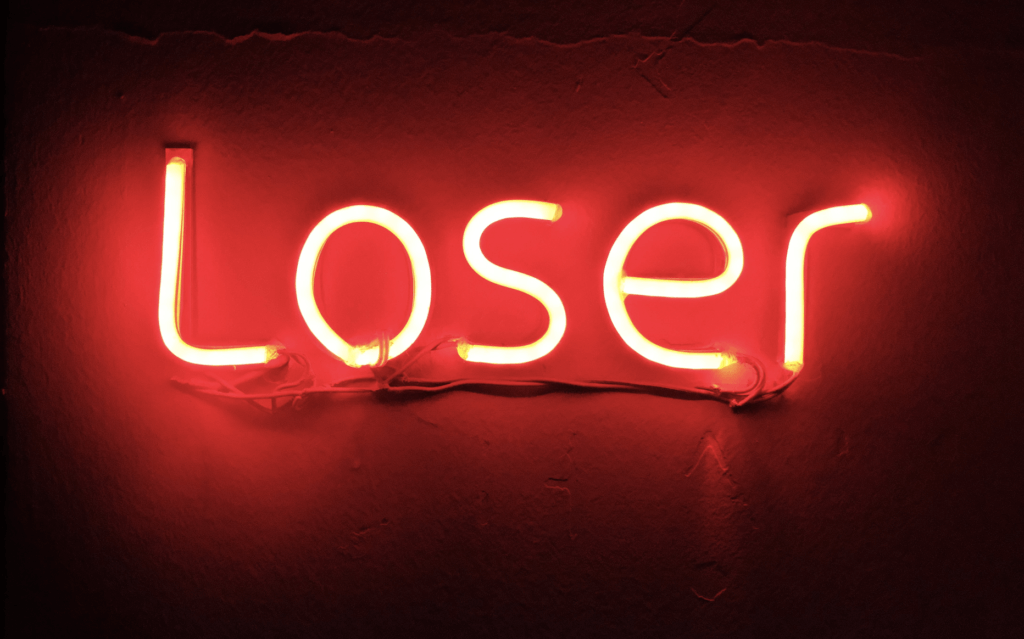I was watching a Ford truck commercial—you know, the kind that airs during Monday Night Football—and the theme was how good solid blue-collar Americans who own small welding businesses and wear plaid flannel shirts always give 100%. Cue Bob Seger, “Like a Rock.”
Oh wait, that was Chevy. But you get the idea.
Anyway, Ford has obviously gone soft. Anyone who follows sports or business figures on social media knows that giving 100% is for losers. Winners give 110% every day. I know this from watching Shark Tank and that Michael Jordan documentary.
This idea is not limited to athletes and self-made billionaires. There’s another group that really likes to say that you need to exert the maximum possible effort, stretching yourself to the limit, every time, all the time.
The 110% mentality in law practice
Lawyers, of course. Especially in the BigLaw world. It’s a standard part of the culture.
Just ask that prominent “law-bro” recruiter who’s always giving cringey advice. Or that firm that billed a bazillion hours on the Twitter lawsuit.
I chalk up this 110% rhetoric mainly to marketing. It’s the image law firms want to sell to their clients, and also to their associates. They want clients to think they go all out, all the time, and they want associates to feel guilty when they don’t bill as many hours as humanly possible.
I’ve always been kind of skeptical about this idea. For starters, I just don’t think it’s realistic to demand maximum effort, 25 billable hours a day, for days on end. Anybody who has worked in a law firm knows this just doesn’t really happen.
I mean, we’re talking about practice. Not a game . . .
But lately I’ve been thinking about a different objection to the “always be grinding” mentality in law firm culture: does it actually result in better performance?
I hypothesize that lawyers and other professionals might actually perform at a higher level if they ditch the 110% approach.
To test this hypothesis, I did an experiment.
My scientific experiment
I went to the park to test how far I could kick a soccer ball. But here’s the key: I did it two ways.
First, I thought about kicking the ball as hard as I possibly could.
Second, I relaxed and thought about kicking the ball hard, but not as hard as I could.
To keep it scientific, I repeated the experiment multiple times. I mean, like at least three times.
I don’t even need to tell you what happened.
Yes, of course, I got more distance with the second approach. Maybe not every single time, but definitely most of the time.
The same experiment works with driving a golf ball off the tee. If you play golf at all, you already know this. When you walk up to the tee box thinking “I’m going to smack the crap out of this ball,” the result is almost always bad. Unless you are John Daly. But I digress.
The point is that the experiment illustrates a principle well known to sports psychologists, the “85 Percent Rule.”
The 85 Percent Rule
Here’s what people who coach elite athletes already know. Let’s say you tell a world-class sprinter to run the 100-meter dash at 85% effort. Often that results in a faster time than trying to run at 100% effort.
Now, of course, this isn’t a highly scientific theory, and you can quibble with the details. But that’s not the point.
The point is that athletes often get better results when they don’t try as hard as they possibly can.
What gives? Why is that?
The theory is that when elite athletes concentrate on exerting the maximum possible effort, they tense up, and their performance suffers. When they think about giving 85%, they relax and perform better.
Could the same principle hold true for lawyers, and other professionals?
Anecdotal evidence and my own personal experience suggest the answer may be yes.
Do the most effective lawyers give 110 percent?
Have you ever watched a lawyer in the courtroom who just seems to be trying too hard? It can be hard to watch. They’re going all out to try to persuade the judge or jury to go their way, but instead they just sound desperate, or overly aggressive.
And don’t get me started on law firms over-working a file.
On the other hand, think about the most persuasive lawyers you have seen in action. Did they seem like they were straining to exert themselves as much as humanly possible? Or did they seem relaxed and confident?
You don’t even have to say anything, I already know what the best lawyers are like.
Like a rock.
______________________
Zach Wolfe (zach@zachwolfelaw.com) is a Texas trial lawyer who handles non-compete and trade secret litigation at Zach Wolfe Law Firm (zachwolfelaw.com). Thomson Reuters has named him a Texas Super Lawyer® for Business Litigation every year since 2020.
These are his opinions, not the opinions of his firm or clients, so don’t cite part of this post against him in an actual case. Every case is different, so don’t rely on this post as legal advice for your case.





Leave a Comment